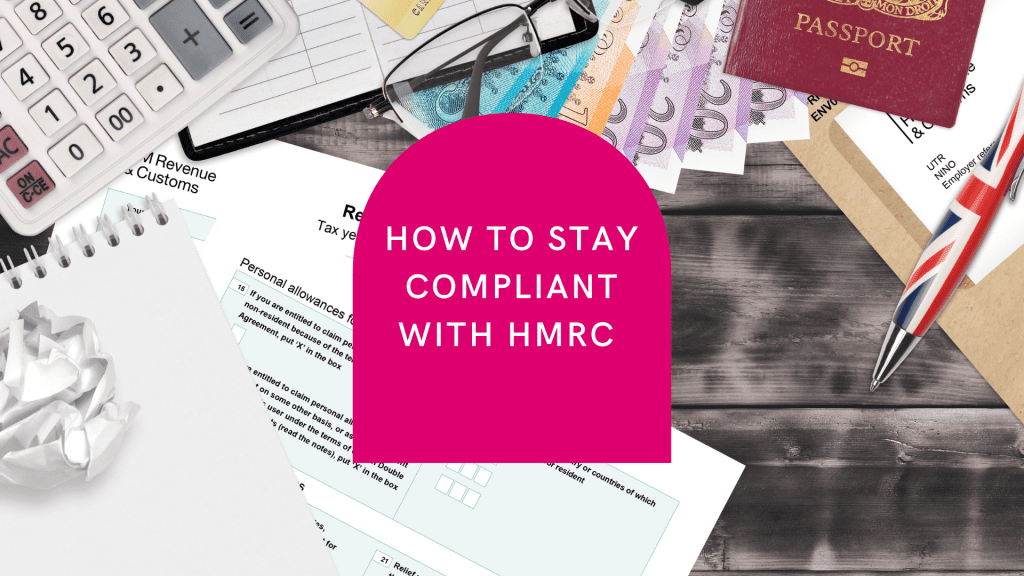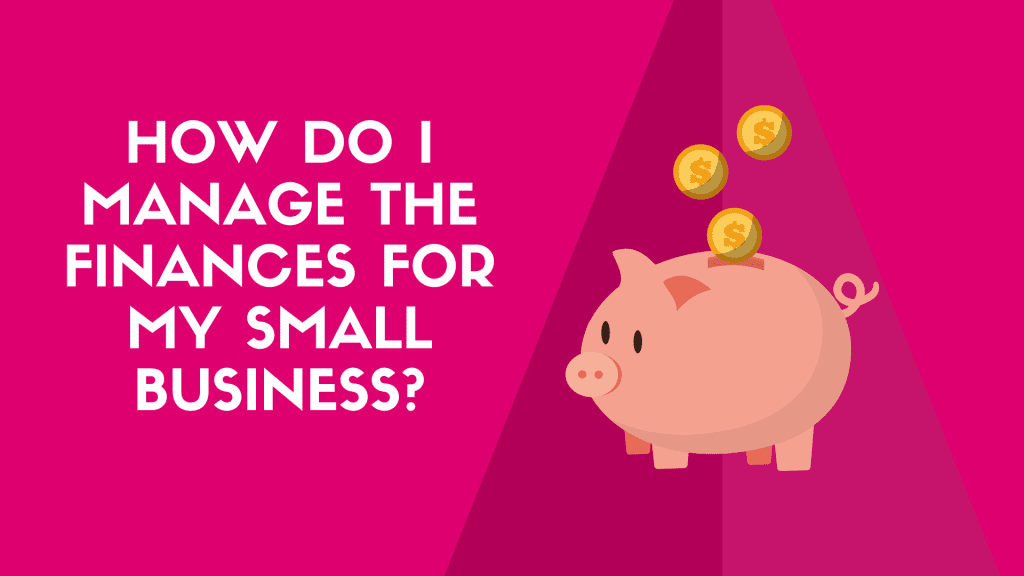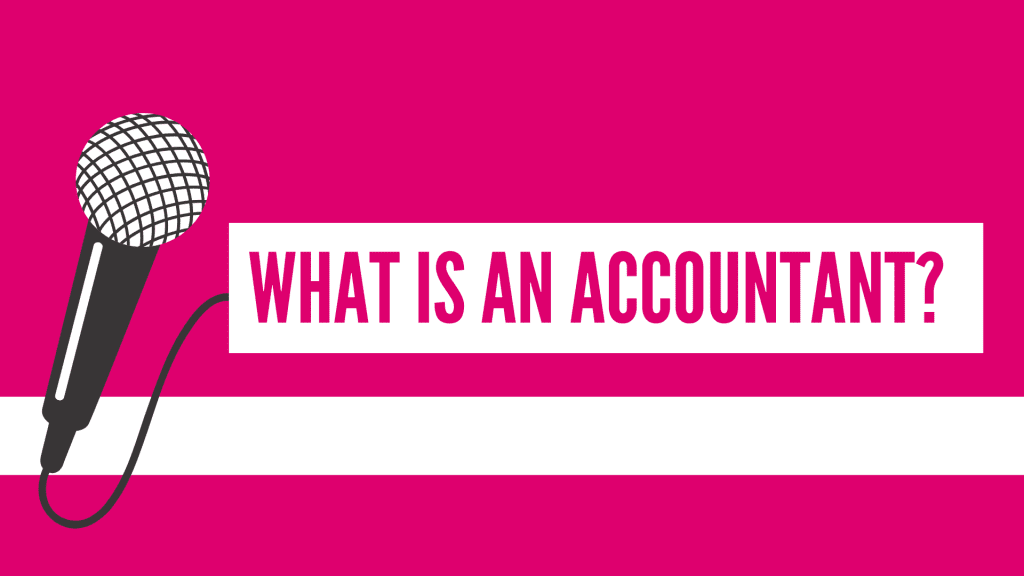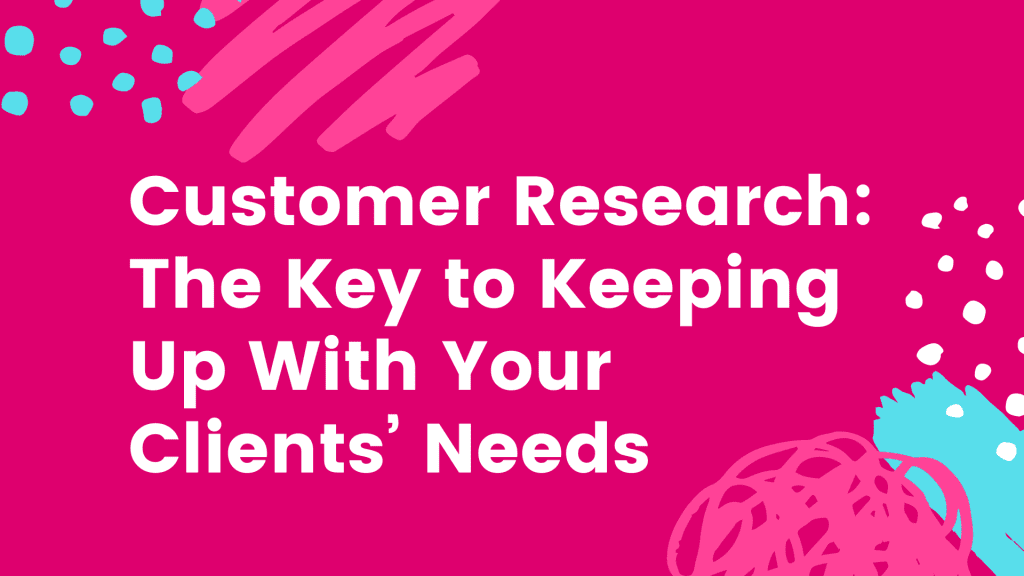
Your Guide to Navigating UK Tax Regulations If you’re a business owner or a self-employed individual, one question that may…

Your Guide to Navigating UK Tax Regulations If you’re a business owner or a self-employed individual, one question that may…

A Guide to Successful Financial Management If you’re a small business owner asking, “how do I manage the finances for…

Do I Need an Accountant? Unravelling the Importance of Accounting for Your Business The question “Do I need an accountant?”…

What is an Accountant? Unveiling the Essential Role in Your Business If you’ve ever wondered, “what is an accountant?” then…

Elevating Your Enterprise with a UK Business Coach: The Role of Accountability in Business Success In the dynamic landscape of…

Unraveling the Mysteries of Business Finances – the Fun Way! 1. When Business Finances Feel Like Hieroglyphics Ever found yourself…

A common dilemma faced by many budding entrepreneurs and freelancers in the UK is: should I become a limited company?…

I didn’t know that? This is a phrase we hear a lot, especially when someone sets up a limited company…

Why you need to ditch perfectionism and embrace failure! Everyone wants to be successful, but there’s a difference between working…

As our businesses grow and evolve, so do the needs of our clients. It is important that our customers always…